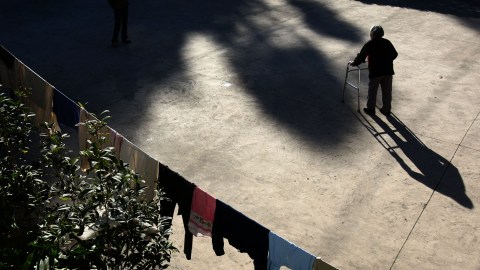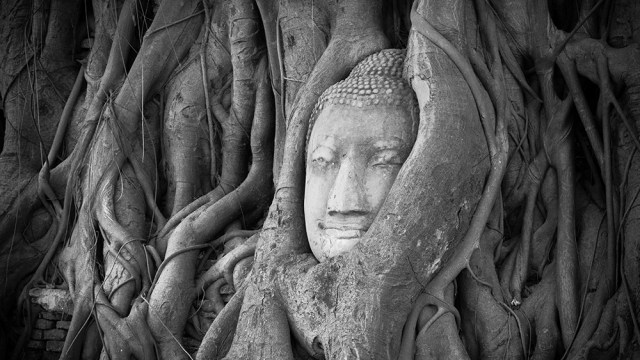Scientists Believe We’re Looking at Age All Wrong

Numerous studies in the past have shown that age ain’t nothing but a number. Research ranges from how we can delay aging by running to how people who feel younger often live longer. Another study adds to this aging body of research, where researchers have developed a method to determine the pace of aging and why biological age is the only number that really matters.
David Clancy, a lecturer in biomedical science at Lancaster University, writes for The Conversation about the new study, which took 954 men and women — all age 38 — and determined their biological age through a series of biomarkers. The result was a group of people whose biological ages ranged from 28 to 61 years.
Clancy writes that aging “is based on populations rather than individuals. Aging is an increase in the likelihood of dying with increasing chronological age.” However, what researchers are continuing to find is that an individual with the chronological age of 38 may be as physically young as a 30-year-old.
“According to population measures, in the absence of any other information, two people aged 65 have an equal risk of dying in the coming year. If one is destined to die from an undiagnosed cancer within two years and the other lives to 95, which individual is older? This is one reason the search for biomarkers of aging is important, but the authors of this study give yet another reason.”
The older you are, the more age-related risk factors there are, right? Not according to biogerontologists. Clancy writes that their view is “that there are a few causes of ageing which substantially contribute to all of these age-related conditions.”
In the study, researchers found for every year that went by, they could age anywhere from zero to three years. These changes include physical, biological, and cognitive. Some aged faster, while others did so at a slower pace.
The researchers write in their paper:
“Measured biological aging in young adults can be used to identify causes of aging and evaluate rejuvenation therapies.”
Concentration on this kind of study into biological aging could help anticipate and prevent age-related diseases before they begin — potentially, treating a problem before it becomes a larger medical bill.
Read more about how the scientists calculated age at The Conversation.
Photo Credit: China Photos / Getty





